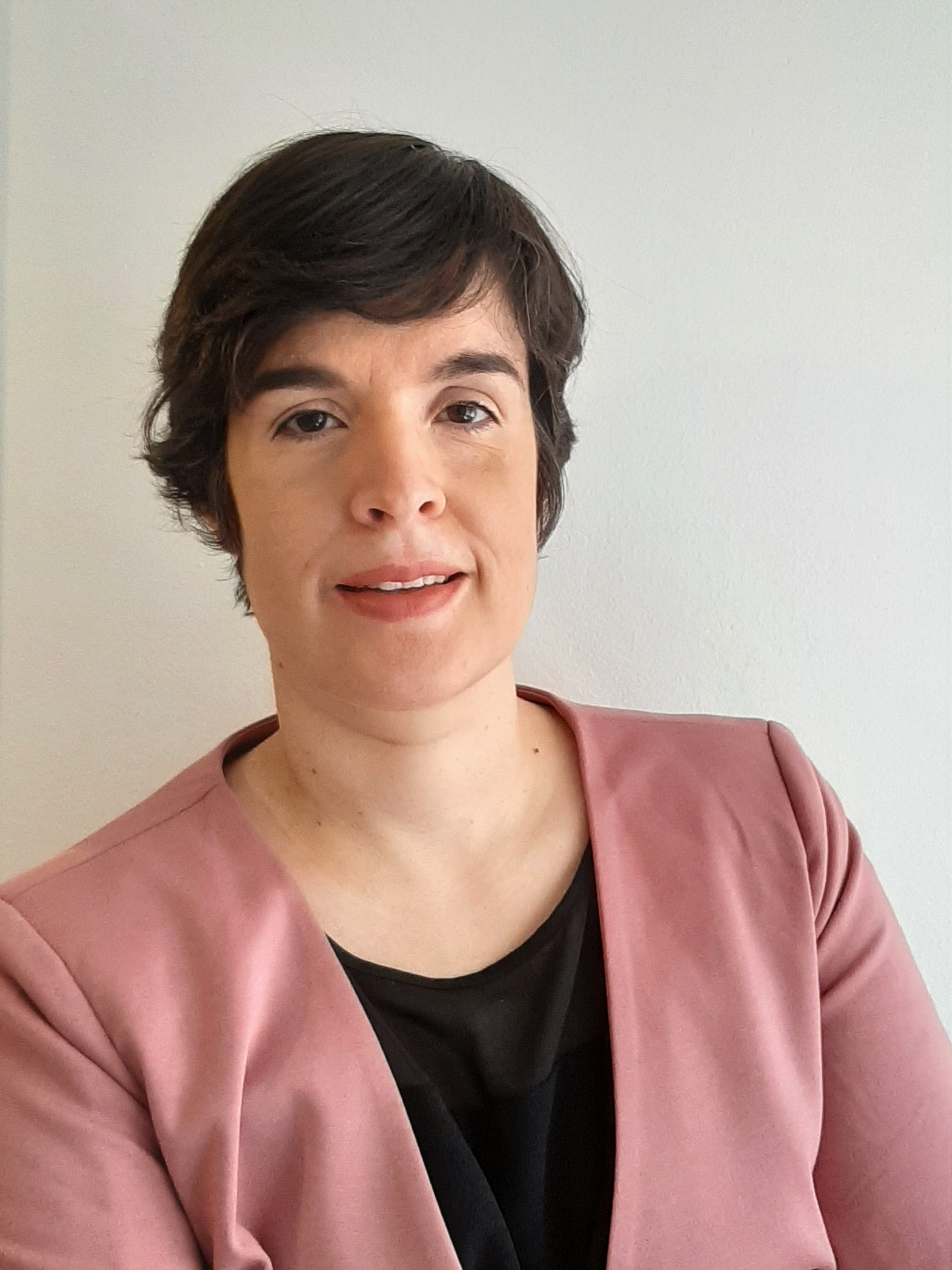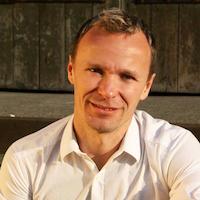Are we forgetting the Digital Inclusion of Marginalised Groups? Recommendations for monitoring Digital Inclusion
Digital Future Society and United Nation University Operating Unit on Policy-Driven Eletronic governance
Session 230
The digital revolution is upon us but not all is keeping up. To optimise the benefits of new technologies and our investments in digital infrastructure, we must promote digital inclusion locally and globally. To do so, we must track digital inclusion and act accordingly. Building on past experiences, international and national practices, a set of universally applicable Digital Inclusion Indicators was prepared in response to the call of the UN High-Level Panel on Digital Cooperation.
During the workshop, the audience will be actively engaged in discussing the appropriateness and practicality of the proposed set of Digital Inclusion Indicators. This discussion includes aspects of data collection, granularity, and frequency. The feedback will be used to finetune the policy recommendations published in December 2019 and test the Digital Inclusion Indicators in the DFS Policy Lab.
Topics: Digital Inclusion, Marginalised Groups, Gender, Age, Non-digital Hubs, Digital Divide, Monitoring and Measurement, Indicators, Policy Recommendations, Digital Transformation, Sustainable Development Goals etc.
Agenda:
- 0-09 min Welcome and motivation for the initiative (Carina Lopes, DFS)
- 10-24 min The state of digital inclusion incl challenges faced by marginalised and vulnerable groups in relation to digital inclusion (Morten Meyerhoff Nielsen, UNU-EGOV)
- 25-54 min Moderated discussion with participants (Carina and Morten)
- 55-60 min Summary and next steps (Carina)
Audience: International Audience. Representatives from public administrations, public bodies, public agencies, telecommunication, non-governmental.
Language: English
Methodology: Mixed method with a short presentation, Q&A and active engagement on key questions. This session will be recorded.
Workshop collaborators:

Carina Lopes works at Mobile World Capital Barcelona where she is the Head of Digital Future Society Think Tank. This is the research and deliberative arm of the Digital Future Society programme that convenes international experts to explore and propose actionable recommendations on future of work, digital divides, data governance, and tech and climate emergency. Previously, she worked as d-LAB Programme Manager, responsible for its strategy and setup between 2016 and 2018. While at Citymart (2012-15) she led innovation projects with cities like Barcelona, Moscow and Athens, local government teams in the US, South Africa, Japan and Brazil. She holds a PhD in Cultural Studies (2016) from the Goldsmiths College, University of London.

Morten Meyerhoff Nielsen is an EGOV Adviser at the United Nations University - EGOV, an international think tank working with the digital transformation of the public sector.
He is responsible for digital transformation projects on performance management, strategy, and capacity development Georgia, Uganda, and Saudi Arabia. He leads projects with UNICEF and the Digital Future Society on the impact of the digital transformation of service delivery on both marginalized communities, children, and women.
Morten regularly run executive training on digital transformation of the public sector and is a guest lecturer at several European universities.
Past employment includes the Danish Agency for Digitisation, Danish Technological Institute, European Institute of Public Administration, Centre for the Development of Enterprise; European Commission, and University of KwaZulu-Natal.
Morten is currently completing his ph.d. at Tallinn University of Technology. He is an author and co-author of various publications, a reviewer for various journals, on multiple conference committees, and a juror on several awards committees.

Mercy Erhi Makpor is currently a Research Assistant at the United Nations University Operating Unit on Policy-Driven Electronic Governance. She is also a Research Associate and prospective PostDoc Candidate in the School of Economics and Management, University of Minho, Portugal.
Her research area is in e-Governance with a keen interest in Digital Inclusion and Gender Equality. She is also interested in Ethics and Corporate Social Responsibility with specificity to the supply chain mapping, third party relationships, stakeholder engagements, and effective CSR integration in the Oil and Gas sector. Her other interest is in the area of human development at micro and macro levels where she focuses on individual and institutional responses to social, economic and environmental issues with the possibility of reaching and sustaining mutual grounds for human growth and development. She has also researched Gender advocacy and Sexual Reproductive Health and Rights. She takes great interest in counselling, programme facilitation, leadership and team-building practices.
She has had years of experience conducting research and working with professionals from some of the biggest research teams in Canada under the Teasdale-Corti Team Grant, a host of others from Europe under the European Commission and currently with the United Nations University.
-
 C1. The role of governments and all stakeholders in the promotion of ICTs for development
C1. The role of governments and all stakeholders in the promotion of ICTs for development
-
 C2. Information and communication infrastructure
C2. Information and communication infrastructure
-
 C3. Access to information and knowledge
C3. Access to information and knowledge
-
 C6. Enabling environment
C6. Enabling environment
-
 C11. International and regional cooperation
C11. International and regional cooperation
Digital inclusion is a precondition not address current global challenges but for a successful transition of society in the 4th industrial revolution. As such the digital inclusion underpin all 17 SGDs and WSIS Actions Lines in some way. Building on the guiding principle of the SDGs of “leaving no one behind”, the need to address the digital divide, by improved monitoring and measurement for better decision making is essential, and the key objective of this workshop.
-
 Goal 1: End poverty in all its forms everywhere
Goal 1: End poverty in all its forms everywhere
-
 Goal 17: Revitalize the global partnership for sustainable development
Goal 17: Revitalize the global partnership for sustainable development
Digital inclusion is a precondition not address current global challenges but for a successful transition of society in the 4th industrial revolution. As such the digital inclusion underpin all 17 SGDs in some way. Building on the guiding principle of the SDGs of “leaving no one behind”, the need to address the digital divide, by improved monitoring and measurement for better decision making is essential, and the key objective of this workshop.
.jpg)
.jpg)
.jpg)

